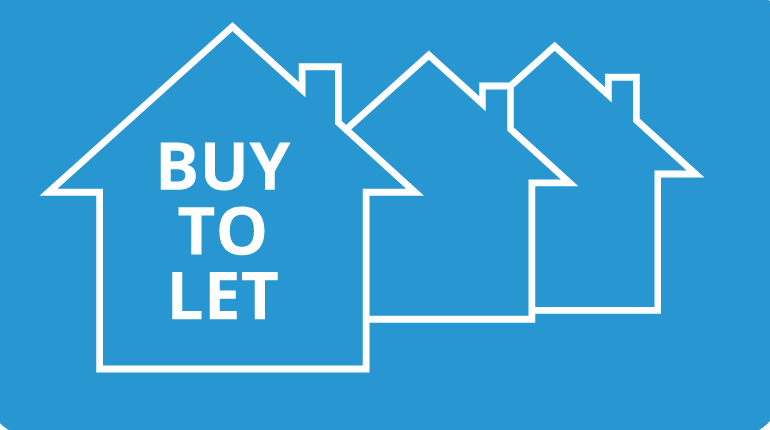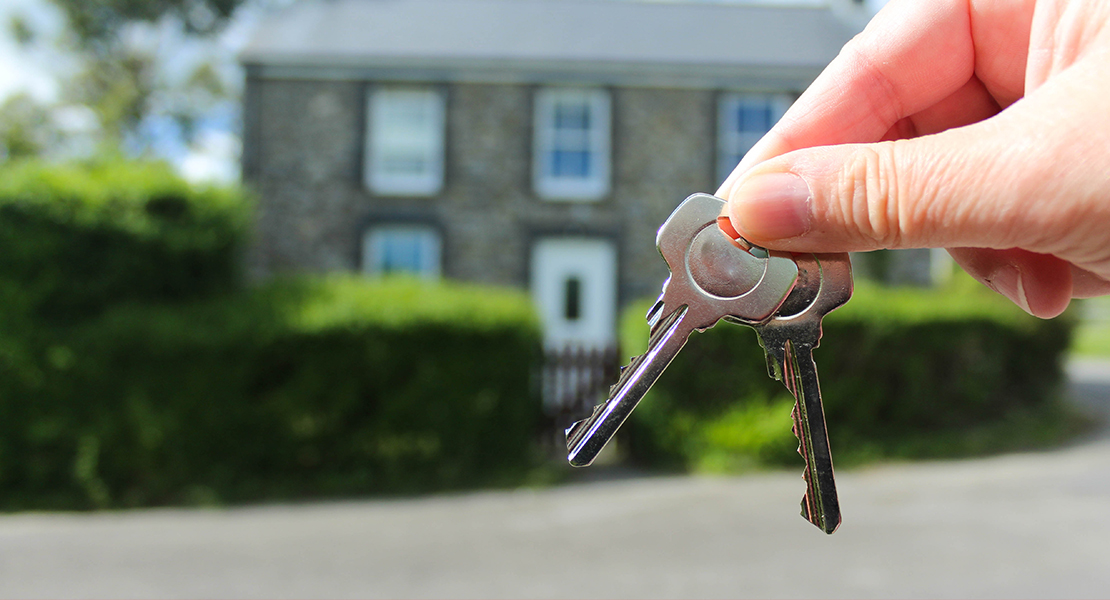Things to Consider when Buying a Second Home

Dreaming of a second home? Perhaps a cosy cottage nestled in the countryside or a chic apartment overlooking the city skyline? While the idea of owning a second property is exciting, the journey to securing the right mortgage can be complex. Here’s what you need to know before taking the plunge into second homeownership:
Understanding Mortgage Types
If you're considering financing your second home with a mortgage, it's essential to understand the different types available. Your choice will depend on how you intend to use the property:
Second Residential Mortgage: Designed for personal use, this mortgage is suitable if you plan to use the property for family getaways or as a vacation home. However, renting it out extensively may not be allowed by some lenders.
Holiday Let Mortgage: Ideal for properties in tourist hotspots, this mortgage allows frequent rental, especially during peak holiday seasons.
Buy to Let Mortgage: If you intend to rent out the property on a long-term basis, a buy-to-let mortgage is necessary.
Chunky Deposit
Prepare to set aside a substantial deposit, typically at least 15% of the property value, or 25% if it's a buy-to-let. You may leverage the equity in your primary residence by remortgaging to release funds for the deposit. However, be mindful of the risks associated with increasing debts against your property.
Lenders will scrutinize your income to ensure you can afford a second home, making it imperative to demonstrate financial stability.
Affordability Assessment
Having a high income and a hefty deposit doesn't guarantee affordability. Lenders will assess your existing mortgage commitments, equity, and other financial obligations to determine your eligibility for a second mortgage.
Utilize online mortgage calculators to gauge your borrowing capacity, but remember to be realistic about what you can comfortably afford.
Documentation
Lenders may request proof of residency for your primary home and inquire about your intentions behind purchasing a second property. For buy-to-let investments, be prepared to demonstrate how rental income will surpass mortgage repayments.
Stamp Duty Surcharge
When purchasing a second home, expect to pay an additional 3% stamp duty land tax in England and Northern Ireland, and 4% in Scotland and Wales. This surcharge applies to properties valued over £40,000 and is essential to consider when budgeting.
Exploring Let to Buy Mortgages
Let-to-buy mortgages offer flexibility for homeowners who wish to rent out their primary residence while purchasing a new home. Although it involves additional stamp duty, you may qualify for a refund if you sell your previous home within three years.
Consulting a broker can help navigate this niche market.
Tax Implications
From income tax on rental profits to capital gains tax upon sale, owning a second home comes with various tax obligations. Understanding deductible expenses and tax relief provisions is crucial to managing your finances effectively.
Additional Costs
Beyond mortgages and taxes, budget for ancillary expenses like legal fees, home insurance, and ongoing maintenance costs. Prepare for void periods where the property remains unoccupied, potentially impacting mortgage repayments.
While the journey to owning a second home may seem daunting, the tangible benefits and potential returns make it a worthwhile endeavour for many. By arming yourself with knowledge and seeking expert advice, you can navigate the complexities of second home ownership with confidence. Happy house hunting!



